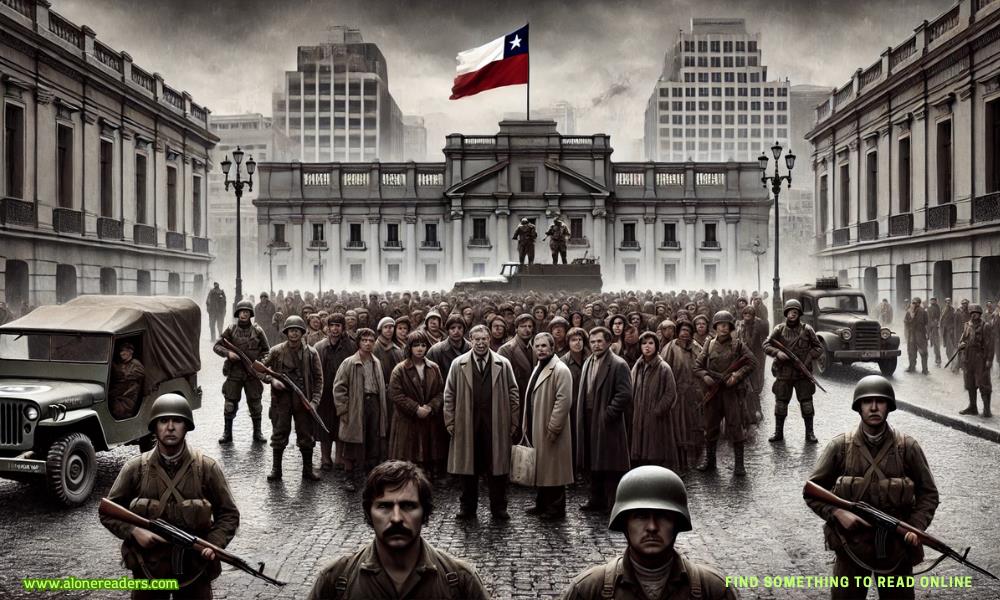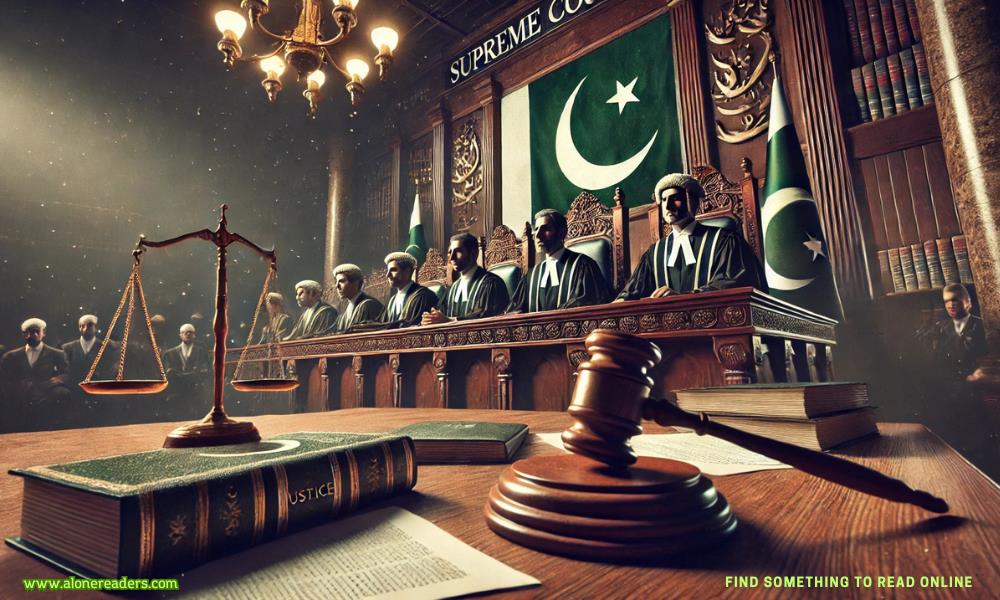Page 97 of Rhythm of the Road (Lost Kings MC 16)
Damen found there was something that, for a long time, he had wanted to ask.
‘I don’t understand how your uncle has you backed this far into a corner. You can outplay him. I’ve seen you do it.’
Laurent said, ‘Maybe it seems that I can outplay him now. But when this game began I was . . . younger.’
They reached the camp. The first calls came from the tent lines. The troop, in the grey light, began waking.
Younger. Laurent had been fourteen at Marlas. Or . . . Damen moved months around in his head. The battle had been waged in early spring, Laurent reached his maturity in late spring. So, no. Younger. Thirteen, on the cusp of fourteen.
He tried to picture Laurent at thirteen, and experienced a total failure of imagination. It was just as impossible to imagine him fighting in battle at that age as it was to imagine him trailing around after an older brother he adored. It was impossible to imagine him adoring anyone.
The tents came down, the men swung up into their saddles. Damen’s view was of a straight back and a blond head lighter in colour than the rich gold of the prince he had faced all those years ago.
Auguste. The one honourable man on a treacherous field.
Damen’s father had invited the Veretian herald into his tent in good faith. He had offered the Veretians fair terms: surrender their lands, and live. The herald had spat on the ground and said, Vere will never surrender to Akielos, even as the first sounds of a Veretian attack had come from outside. Attack under the guise of parley: the ultimate affront to honour, with kings on the field.
You fight them, his father had said. You don’t trust them. His father had been right. And his father had been ready.
Veretians were cowards and deceivers; they should have scattered when their duplicitous attack met the full force of the Akielon army. But for some reason they hadn’t fallen at the first sign of a real fight, they had stood firm, and shown metal, and, for hour upon hour, they had fought, until the Akielon lines had begun to slip and falter.
And their general wasn’t the King, it was the twenty-five year old Prince, holding the field.
Father, I can beat him, he’d said.
Then go, his father had said, and bring us back victory.
* * *
The field was called Hellay, and Damen knew it as a half-inch of a familiar map, studied in lamplight across from a bent golden head. Discussing the quality of the ground here with Laurent last night he had said, ‘It has not been a harsh summer. It will be grass fields, gentle for riders if we need to depart from the road.’ It turned out to be true. The grass was thick and soft on either side of them. Hills rolled out before them, flowing one into another, and there were hills also to the east.
The sun climbed the sky. They had ridden from a pre-dawn departure, but by the time they reached Hellay there was plenty of light to differentiate rise from flat, grass from sky—sky from what lay under it.
The sun was shining down on them when the crest of the southern hill detached itself: a moving line that thickened and began to glint with silver and red.
Damen, riding at the head of the column, reined in and to one side, and Laurent beside him did the same, his eyes never leaving the southern hill. The line was no longer a line, it was shapes, recognisable shapes, and Jord was calling for a troop-wide halt.
Red. Red, the colour of the Regency, scrawled over with the iconography of the border forts, growing, fluttering. These were the banners of Ravenel. Not only the banners, but men and riders, flowing over the hilltop like wine from an over-full cup, staining and darkening its slopes, and spreading.
By now, columns were visible. It was possible to roughly estimate numbers, five or six hundred riders, two lots of hundred-and-fifty-man infantry columns. Judging from what Damen had seen of the lodgings at the fort, this was in fact Ravenel’s full contingent of horse, and a lesser but substantial portion of its infantry. His own horse moved skittishly under him.
In the next moment, it seemed, the slopes to their right also grew figures, much closer—close enough to recognise the shape and livery of the men. It was the detachment that Touars had sent to Breteau, who had, a day ago, departed. Not gone, but here, waiting. Add another two hundred to the number.
Damen could feel the nervous tension of the men behind him, surrounded by colours that half of them down to their bones distrusted, and outnumbered ten to one.
Ravenel’s forces on the hill began to split into a widening v-shape.
‘They’re moving to flank us. Have they mistaken us for an enemy troop?’ said Jord, confused.
‘No,’ said Laurent.
‘There is still a path open to us, to the north,’ said Damen.
‘No,’ said Laurent.
A parcel of men detached itself from Ravenel’s main column, and began making right for them.
‘You two,’ said Laurent, and dug his heels into his horse.











